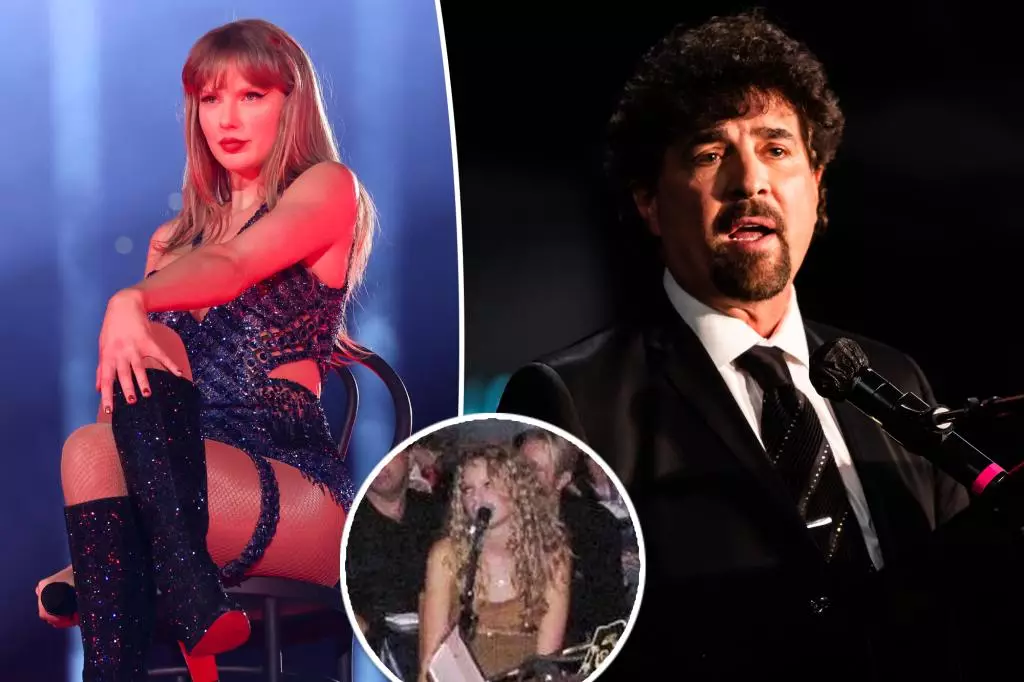The recent social media post by Scott Borchetta, founder of Big Machine Records, has ignited a fervent backlash from Taylor Swift’s dedicated fanbase. Celebrating the 20th anniversary of his first encounter with Swift, Borchetta shared a nostalgic throwback photo on Instagram, reminiscing about a pivotal moment that he claimed changed both of their lives. Despite the sentimental tone of his message, fans have categorically rejected his attempt at reflection, branding him a “fraud” and accusing him of seeking attention. This incident underscores the enduring complexities of the relationship between the two figures and serves as a reminder of the scars left by their past collaborations.
The vocal discontent among Swift’s fans is not founded solely on this recent post. The animosity towards Borchetta stems from a series of contentious events that occurred as Swift’s career unfolded. After signing her to Big Machine Records as a teenager, Borchetta played a pivotal role in Swift’s rise to fame. However, the relationship soured in 2019 when news broke that Borchetta had sold Swift’s music catalog to Scooter Braun. This sale, valued at approximately $300 million, unleashed a wave of controversy and criticism directed at Borchetta, particularly after Swift expressed her disillusionment upon learning of the deal. Fans consider his recent commemorative post as not merely celebratory but as an opportunistic endeavor to remain relevant in the narrative of Swift’s career.
Swift’s journey toward reclaiming her artistic integrity has become a rallying point for discussions surrounding music ownership and artist rights. After the acquisition of her catalog, Swift openly criticized the system that allows such transactions to occur without the consent of the original artist. In response to this, she announced plans to re-record her first six albums with the intent of regaining control over her music. This decision reflects a broader movement within the industry, encouraging artists to take ownership of their work and reminding fans and industry executives alike of the importance of artists’ rights. Swift’s outspoken stance has resonated with many, making the backlash against Borchetta even more pronounced; it’s not just about past grievances—it’s also about the future of artists in the music industry.
As Taylor Swift continues to navigate her path through the music industry, the echoes of her complicated history with Scott Borchetta will undoubtedly linger. The public’s response to Borchetta’s post highlights an ongoing dialogue about accountability, respect, and the necessity for artists to have agency over their own creations. Each time Swift releases a re-recorded album, she is not only reclaiming her past but also reshaping the discourse around music ownership. The relationship dynamic between the two is more than just a personal saga; it reflects the shifting priorities and challenges artists face in an evolving industry landscape. Ultimately, this narrative is a testament to the power of music and the artists who create it—an ongoing story that continues to unfold, much to the delight and engagement of fans worldwide.

